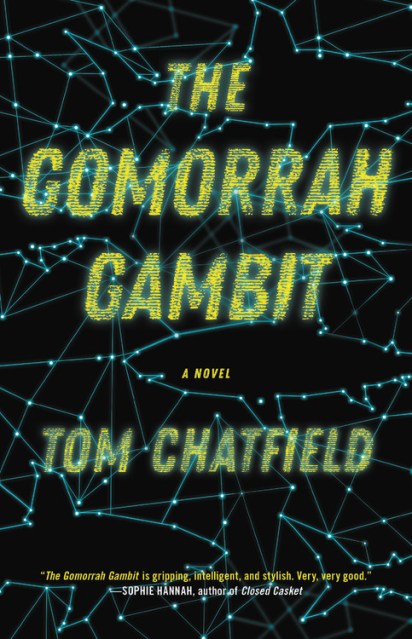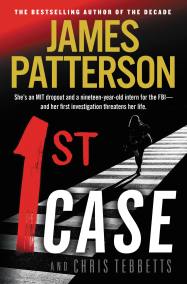Promotion
Use MOM24 for 20% off site wide + free shipping over $45
The Gomorrah Gambit
Contributors
Formats and Prices
Price
$27.00Price
$35.00 CADFormat
Format:
- Hardcover $27.00 $35.00 CAD
- ebook $13.99 $17.99 CAD
- Audiobook Download (Unabridged)
This item is a preorder. Your payment method will be charged immediately, and the product is expected to ship on or around July 23, 2019. This date is subject to change due to shipping delays beyond our control.
Also available from:
With dark technology hollowing out global privacy, an elite hacker enters the belly of the beast in this “gripping, intelligent, and stylist” international conspiracy thriller (Sophie Hannah, author of Closed Casket).
Azi Bello is an amiable outsider with a genius for hacking. Having spent the better part of his life holed up in a shed in his backyard, Azi has become increasingly enmeshed in the dark side of the internet. With the divide between online and offline worlds vanishing, so too is the line between those transforming civilization through technology and those trying to bring it to its knees. Dark networks rule. Someone with the right connections can access to anything imaginable, and power is theirs for the taking-although even they can’t know what kind of bargain they’ve struck.
Tipped off by a secretive young woman named Munira, Azi sets out to unravel the mysterious online marketplace known as Gomorrah, sacrificing his carefully constructed privacy in the process. Munira’s life is spiraling out of control: her cousins recruited to work for a terrorist state that’s hunting them both, her destiny in Azi’s hands. Her desperation drags Azi into the field where, working together, the two uncover an unimaginable conspiracy.
As pressure mounts, Azi has no choice but to take on the ultimate infiltration. In an age when identities can be switched at will and nobody is who they seem, how far will he go to end the nightmare?
Genre:
- On Sale
- Jul 23, 2019
- Page Count
- 304 pages
- Publisher
- Mulholland Books
- ISBN-13
- 9780316526692
By clicking 'Sign Up,' I acknowledge that I have read and agree to Hachette Book Group’s Privacy Policy and Terms of Use







